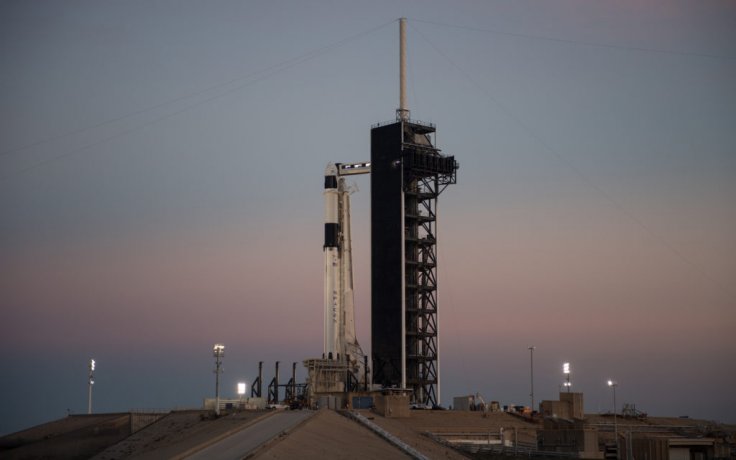The launch of SpaceX's latest batch of Starlink satellites was aborted at the very last second. According to the space tech company, an issue with the Falcon 9 rocket triggered the halt of the launch. SpaceX's recent launch event was supposed to be for the 6th batch of its Starlink satellites, which are part of the company's plan to establish an artificial constellation in order to deliver high-speed internet from space.
Aborting Launch Of Falcon 9
The latest launch of the satellites was supposed to take place on March 15 at 9:22 am EDT at NASA's Kennedy Space Center. Prior to the launch, everything went smoothly for SpaceX. However, as the countdown sequence was initiated, the company detected a power issue with one of the engines of the Falcon 9 rocket. The issue immediately prompted SpaceX to abort the launch at the final second. According to SpaceX officials, the launch stopped at the T-0 mark of the countdown.

"We had a condition regarding engine power that caused us to abort today's launch," Michael Andrews, the supply chain manager for SpaceX said according to Space.com. "Prior to that the countdown was proceeding normally."
Falcon 9's Safety Feature
As noted by Andrews, SpaceX's Falcon 9 is equipped with various safety features designed to automatically trigger abort procedures for launches after detecting a technical issue. These features are the main reason why the launch was aborted at the last second.
"There are a thousand ways a launch can go wrong, but only one way the launch can go right," Andrews stated. "Given that, we are overly cautious on the ground, and if the team sees anything that looks even slightly off, we'll stop the countdown."
New Schedule For Starlink's Launch
According to SpaceX, it will try to launch the latest batch of Starlink satellites later this week. If all goes well for the company, the launch could proceed on March 18.
Originally, SpaceX planned to launch a total of 12,000 satellites for its Starlink project. However, documents filed by the company last year revealed that it was preparing to launch an additional 30,000 units for the project, bringing the total number of satellites to 42,000.









